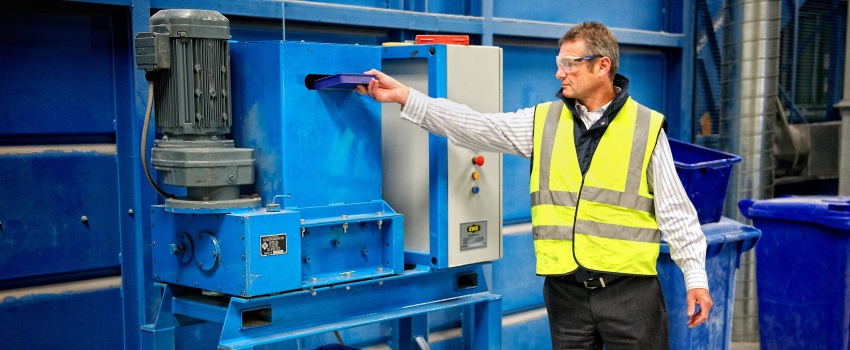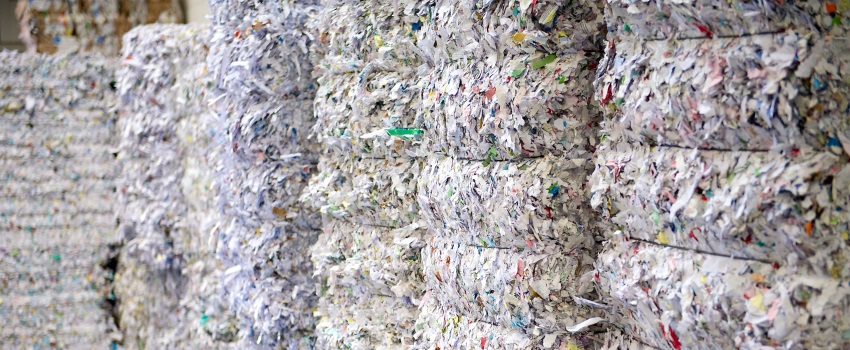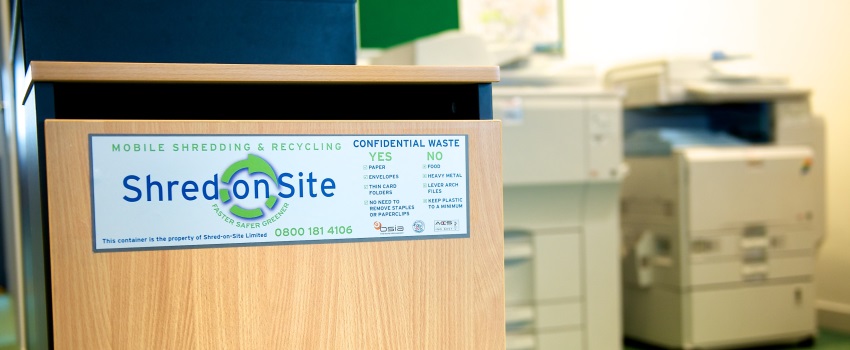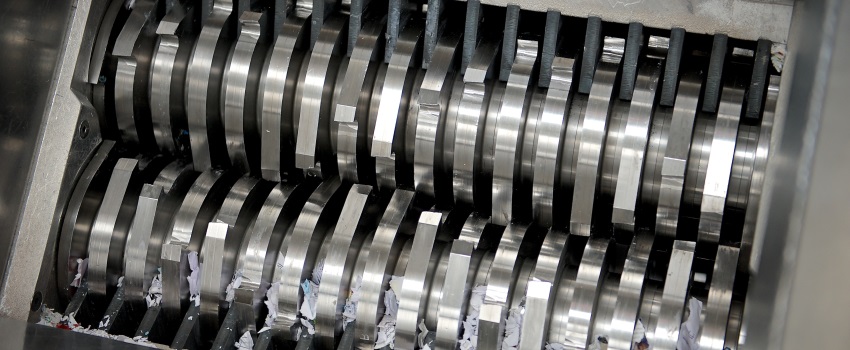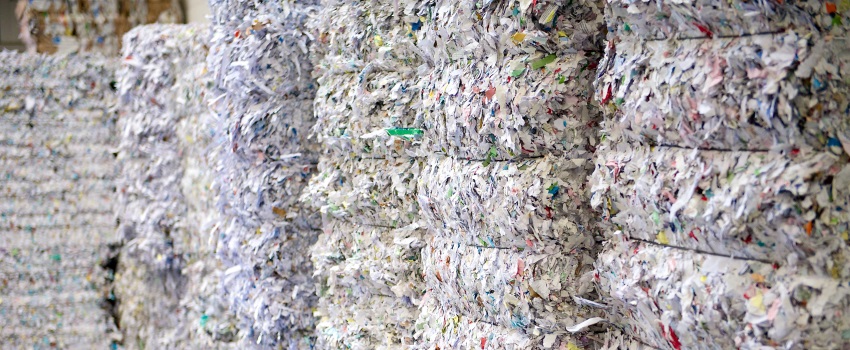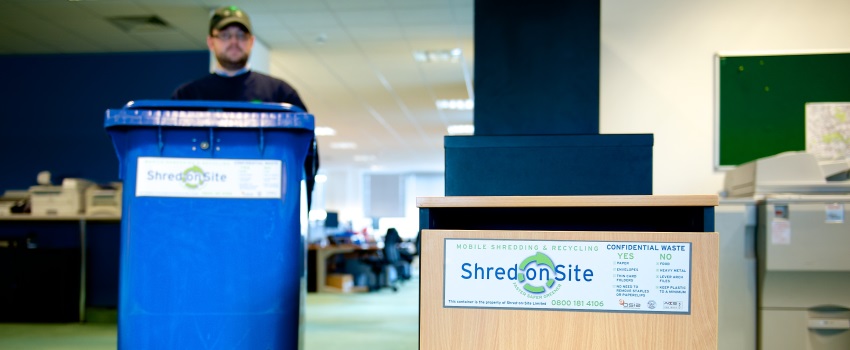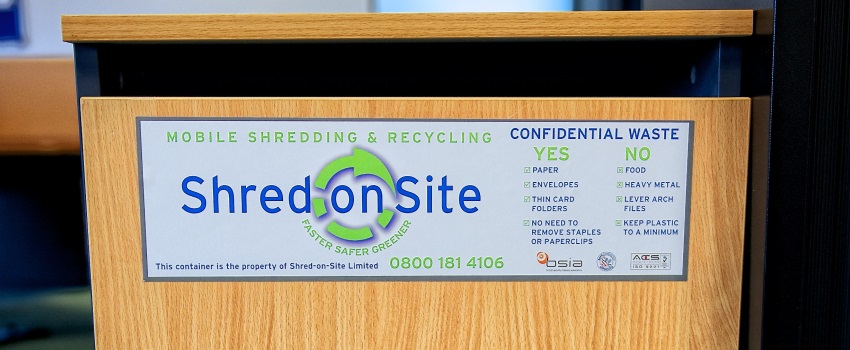What to think about when protecting your business data?
Data security remains a top priority for many organisations today. A lack of it can not only leave a business exposed to data theft or reputational damage but could also attract penalties and fines as a result of a lack of compliance with data protection laws. Crucially, when protecting your business data, it’s important to focus both on digital data and any that is being physically generated on a day-to-day basis.

